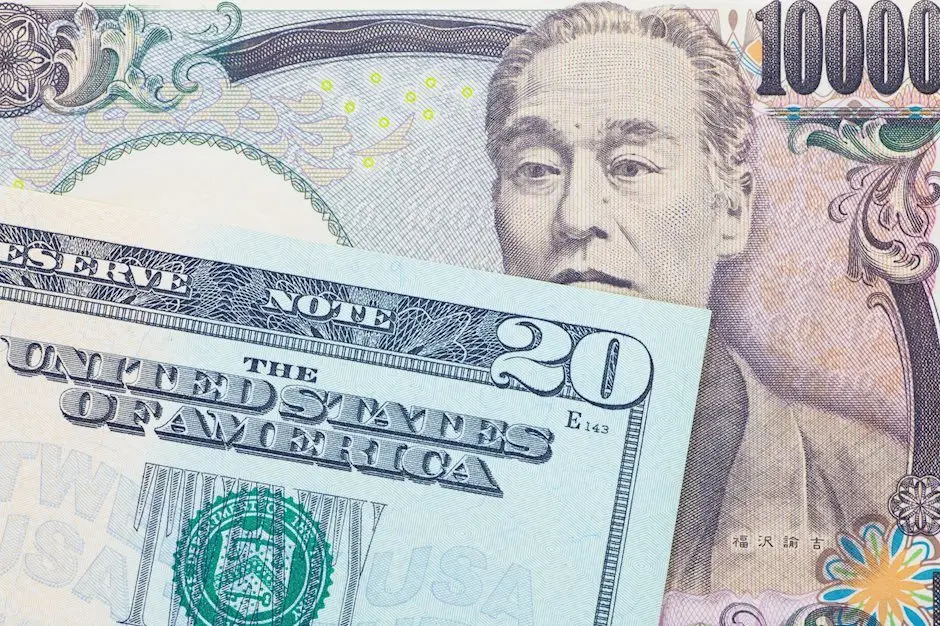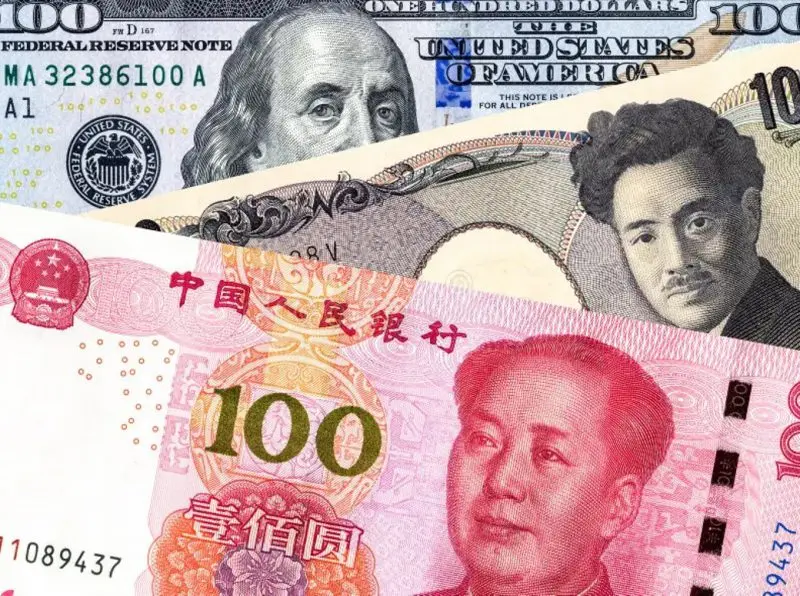After BRICS, Japan is now dumping U.S. bonds and mitigating the losses it incurred from adverse interest rate bets. The latest data shows Japan has offloaded $63 billion worth of U.S. and European sovereign bonds by March 2024. The U.S. bonds sale represents nearly one-sixth of the Central Bank of Japan’s portfolio.
Also Read: Russia Makes Major Announcement About BRICS Currency
Japan is following in the footsteps of the BRICS alliance, which has been dumping U.S. Treasury bonds for more than a year. Offloading the bonds was the only way for Japan to reduce their losses on the interest rate cut bets.
The Bank of Japan anticipates reporting a net loss of 1.5 trillion yen, equivalent to nearly $9.49 billion for the current fiscal year. The previous net loss estimate was placed at 500 billion yen, but the losses have now tripled in value. Japan is under tremendous pressure as the yen has fallen to a 34-year low against the U.S. dollar. Therefore, Japan is replicating BRICS by dumping U.S. and European sovereign bonds in the market.
Also Read: BRICS: Russia and North Korea Announce Historic Agreement
BRICS: Japan Enters the U.S. Bonds ‘Dumping’ Bandwagon

Kazuto Oku, CEO of the Japan’s Norinchukin Bank spoke about the U.S. bonds sale to a local news outlet. He confirmed that the bank will reduce interest-rate risk bets to safeguard its interests as the country is in financial turmoil. The amount will now be diversified into corporate assets and not in U.S. and European sovereign bonds. The development is similar to that of BRICS member China, which has dumped nearly $73 billion in U.S. bonds.
Also Read: ASEAN: Trade With China Hits $300 Billion, Increase 8.5% in 2024
We will “diversify into assets that take on corporate and individual credit risk,” said Oku to Bloomberg. Japan misjudged how long interest rates would stay elevated but a rise in foreign-currency funding wiped out returns from U.S. bonds bought when the yields were lower. Read here to know how much worth of U.S. bonds the BRICS alliance has dumped in the last two years.













